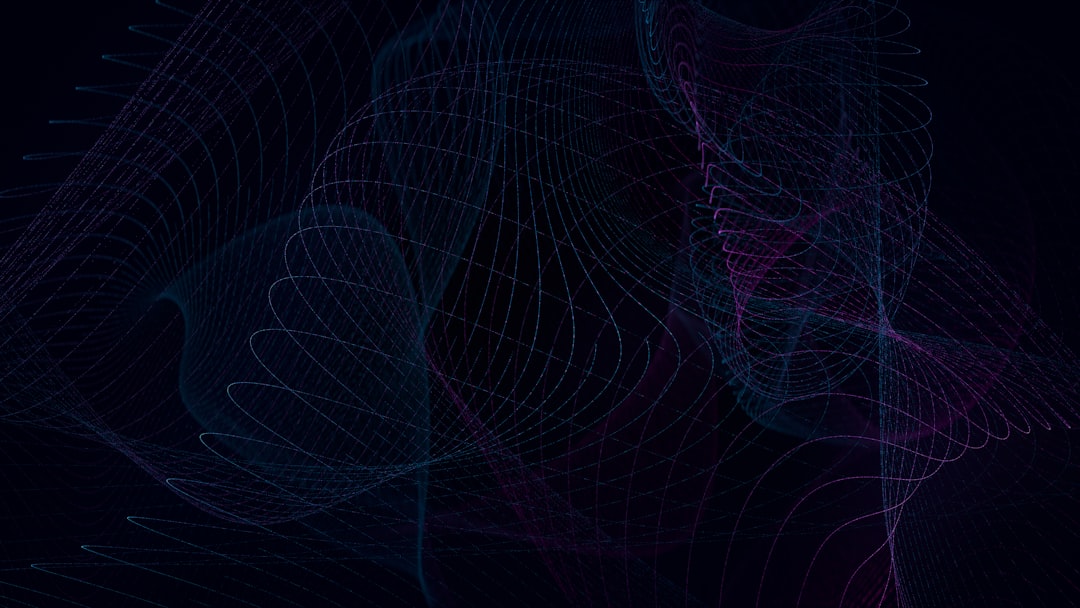Artificial Intelligence (AI) and blockchain are emerging technologies that, independently, have begun to reshape how we think about data, automation, and digital trust. When these two technology giants converge, their combined potential is not only transformative but also vital in navigating the increasingly decentralized, data-driven future. ChainOpera AI, a frontier analytics and integration firm, is one of the key players leading this charge. Through innovation and rigorous research, the company provides comprehensive insights into what this integration means for a wide range of sectors, from finance to healthcare and beyond.
The Convergence of AI and Blockchain
AI and blockchain each bring unique capabilities to the table:
- Artificial Intelligence is designed to process massive datasets, extract patterns, and make predictions or automate decisions based on these insights.
- Blockchain provides a decentralized, transparent, and immutable record system that ensures data integrity and enhances security across networks.
Combined, these technologies offer a powerful symbiosis. While AI benefits from the access to clean, trustworthy, and traceable datasets provided by blockchain, blockchain, in turn, becomes smarter and more adaptive when powered by AI-driven analytics and automation. ChainOpera AI has been at the forefront of harnessing this complementarity, working closely with decentralized protocols as well as centralized enterprises looking to transition to hybrid solutions.

ChainOpera AI’s Vision and Strategy
Founded on the belief that transparent automation can redefine digital ecosystems, ChainOpera AI envisions a world where AI and blockchain systems operate in unison to mitigate inefficiencies, data manipulation, and opacity. The company focuses on three primary pillars:
- Decentralized AI Models: ChainOpera AI develops decentralized machine learning models that operate securely on blockchain infrastructures. These models allow for on-chain intelligence without compromising data privacy.
- Data Provenance Tracking: Using blockchain ledgers, ChainOpera ensures AI models are trained on verifiable data. This drastically reduces bias in learning systems and ensures auditable outcomes.
- Interoperability Solutions: Recognizing the fragmented nature of both blockchain networks and AI systems, ChainOpera champions tools and frameworks that foster cross-chain and cross-model collaboration.
This three-pronged approach allows industries to apply ethical AI within transparent and secure platforms, a necessity in sectors such as finance, healthcare, and supply chain management where trust and verifiability are paramount.
Use Cases in the Real World
So how do these technologies manifest in real-world applications? ChainOpera AI’s ongoing projects shed light on the tangible advantages of AI-blockchain fusion across multiple sectors.
1. Finance: Transparent and Smarter Markets
In decentralized finance (DeFi), ChainOpera AI integrates AI algorithms with smart contracts to create autonomous agents that execute trades, allocate funds, and manage risk—all in real-time. These smart agents are trained using historic and real-time blockchain transaction data, allowing them to recognize market anomalies and adapt rapidly.
Benefits include:
- Reduced market manipulation through audit trails.
- Efficient portfolio management via predictive modeling.
- Improved user trust due to immutable records of algorithmic decisions.
2. Healthcare: Privacy-Focused Intelligence
ChainOpera collaborates with healthcare data providers to support federated learning models on blockchain. This approach allows hospitals and research institutions to learn collectively without exposing sensitive patient data.
By anchoring AI training events to the blockchain, stakeholders can verify data lineage, training procedures, and outcome reliability—essential for compliance in regulated environments such as HIPAA in the U.S. and GDPR in the European Union.

3. Supply Chain: End-to-End Visibility
AI-powered analytics can forecast demand, optimize logistics, and identify bottlenecks, but the success of these models depends on reliable data. Blockchain ensures that every checkpoint in a supply chain submits encrypted yet verifiable updates, providing a consistent stream of data to be consumed by AI modules.
ChainOpera AI deploys these solutions for companies in agriculture, manufacturing, and retail—bringing clarity, accountability, and agility to previously opaque systems.
Challenges and Considerations
While the synergy between AI and blockchain is promising, there are still notable hurdles:
- Scalability: Running AI directly on blockchain is resource-intensive. Though Layer-2 solutions and off-chain computation offer promise, refinement is ongoing.
- Data Privacy: Even anonymized data fed into AI can pose privacy risks, particularly if model inversion becomes a threat vector. ChainOpera uses techniques like homomorphic encryption to mitigate such concerns.
- Regulatory Complexity: Different jurisdictions interpret AI and blockchain activities differently. ChainOpera engages with policymakers globally to advocate for standards accommodating their integration.
Moreover, the opacity of conventional ‘black-box’ AI clashes with the transparency ethos of blockchain. ChainOpera emphasizes explainable AI (XAI) to align decision-making processes with the principles of decentralization and individual sovereignty.
Looking Ahead: Predictions and Possibilities
ChainOpera AI anticipates several key shifts over the next five years as these technologies mature together:
- AI Governance by DAOs: Decentralized Autonomous Organizations (DAOs) will increasingly oversee AI model training, updates, and deployment, ensuring community participation in algorithmic oversight.
- Tokenized AI Services: Blockchain will enable micro-economies of AI services. Developers could offer AI modules as tokenized assets accessible by dApps (decentralized applications) in real-time.
- Transparent Model Marketplaces: Chains dedicated to hosting and verifying AI models will emerge, much like app stores. This will ensure AI tools used across sectors are authentic, vetted, and auditable.
These projections promise a more democratic, resilient, and user-centered technological landscape. ChainOpera AI is actively prototyping several of these initiatives, aiming not just to observe the future, but to build it.
Conclusion
The collaboration between AI and blockchain represents a paradigm shift—one that moves societies toward more intelligent, transparent, and secure digital infrastructures. ChainOpera AI’s work provides not just technological acumen but a framework for ethical, sustainable innovation. Their dual commitment to cutting-edge research and practical implementation makes them a reliable harbinger in this transformative journey.
The future that ChainOpera AI envisions is one devoid of opaque algorithms, compromised privacy, or unaccountable automation. Instead, it is one where humans and machines collaborate under a foundation of verifiable trust and shared intelligence.
In an era of escalating data risks and systemic complexity, the approach taken by ChainOpera AI isn’t just innovative—it’s necessary.